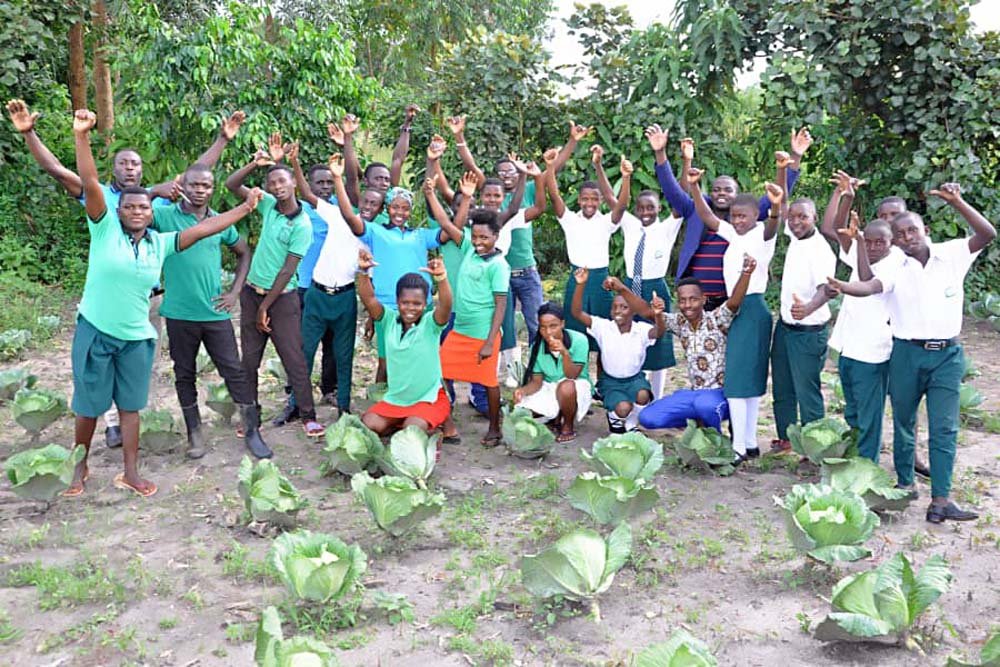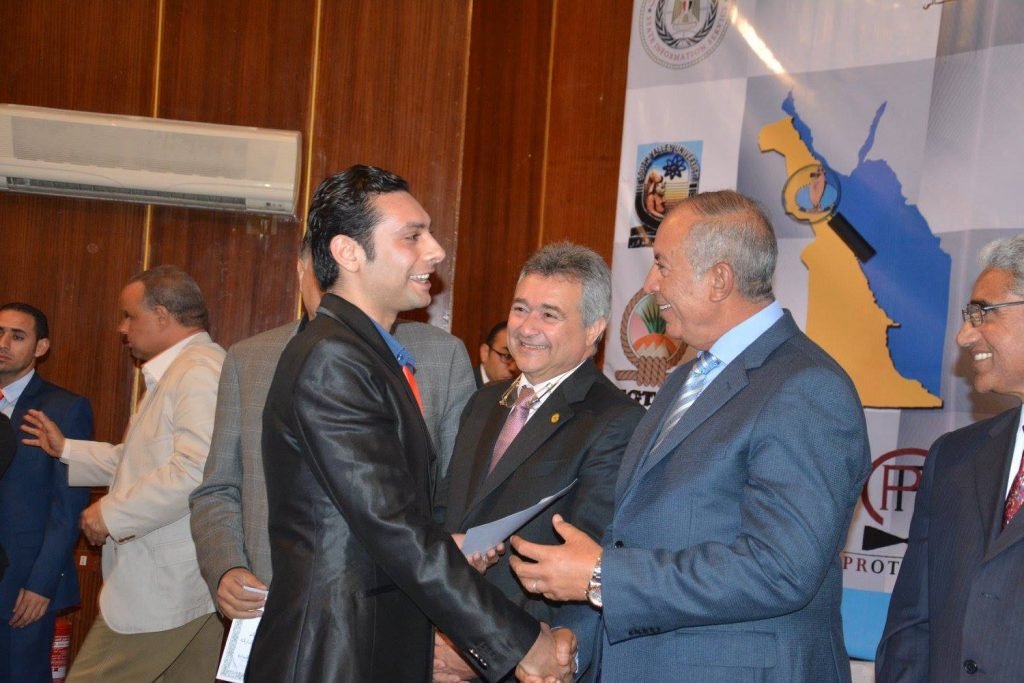Eco-Empowerment: How Climate Change Education is Transforming Communities in East Africa
When discussing climate change, the conversation often lacks a holistic perspective, frequently emphasizing fear rather than compassion for those most affected. According to the International Monetary Fund, the negative impacts of climate change disproportionately affect regions with hot climates, particularly in developing countries. This underscores why Sub-Saharan Africa continues to bear the brunt of climate change effects. At Asante Africa Foundation, we prioritize empowering communities with climate change education rather than fostering a sense of hopelessness. This approach is particularly effective as the communities we serve have already taken numerous steps towards climate education.
Over the past two decades, East Africa has implemented carefully planned initiatives to address pressing climate concerns. The East Africa Community Climate Change Policy (EACCCP) of 2008 assessed the region’s capacity to adapt to these effects, while the Eastern Africa Climate Smart Agriculture Platform (EACSAP) of 2014 aimed to enhance agricultural productivity and resilience through technological innovation. Presently, East African countries are continuing to develop national climate change strategies tailored to their specific circumstances. However, it’s important to recognize that relying solely on government actions to combat climate change is inadequate.
Empowering communities with accurate information about global climate change is crucial. Many East African educators incorporate climate literacy principles and scientific consensus into their teaching, collaborating with youth movements and local organizations to promote positive climate action. For example, Mukwano Industries in Uganda engages in tree planting initiatives with small-holder farmers. Although some farmers may lack accurate climate change information, partnering with educators helps bridge these knowledge gaps.
Indigenous knowledge plays a vital role alongside formal education in climate resilience efforts. Combining indigenous knowledge with scientific research enables unique opportunities to empower vulnerable populations to adapt to climate shocks. For instance, agro-pastoralist communities in Kenya utilize indigenous indicators like weather patterns and environmental cues to monitor climate variability. Even those with formal climate education still consult indigenous forecasts for farming planning. This integration of indigenous practices can enhance climate monitoring, particularly in rural areas lacking meteorological stations.
While there is still much work to be done, the principle of empowerment remains central. Education is key to building resilience to climate change, and with collective action, we can achieve more than we imagined possible, both within and beyond East Africa.
WRITTEN BY: Chioma Okoro



